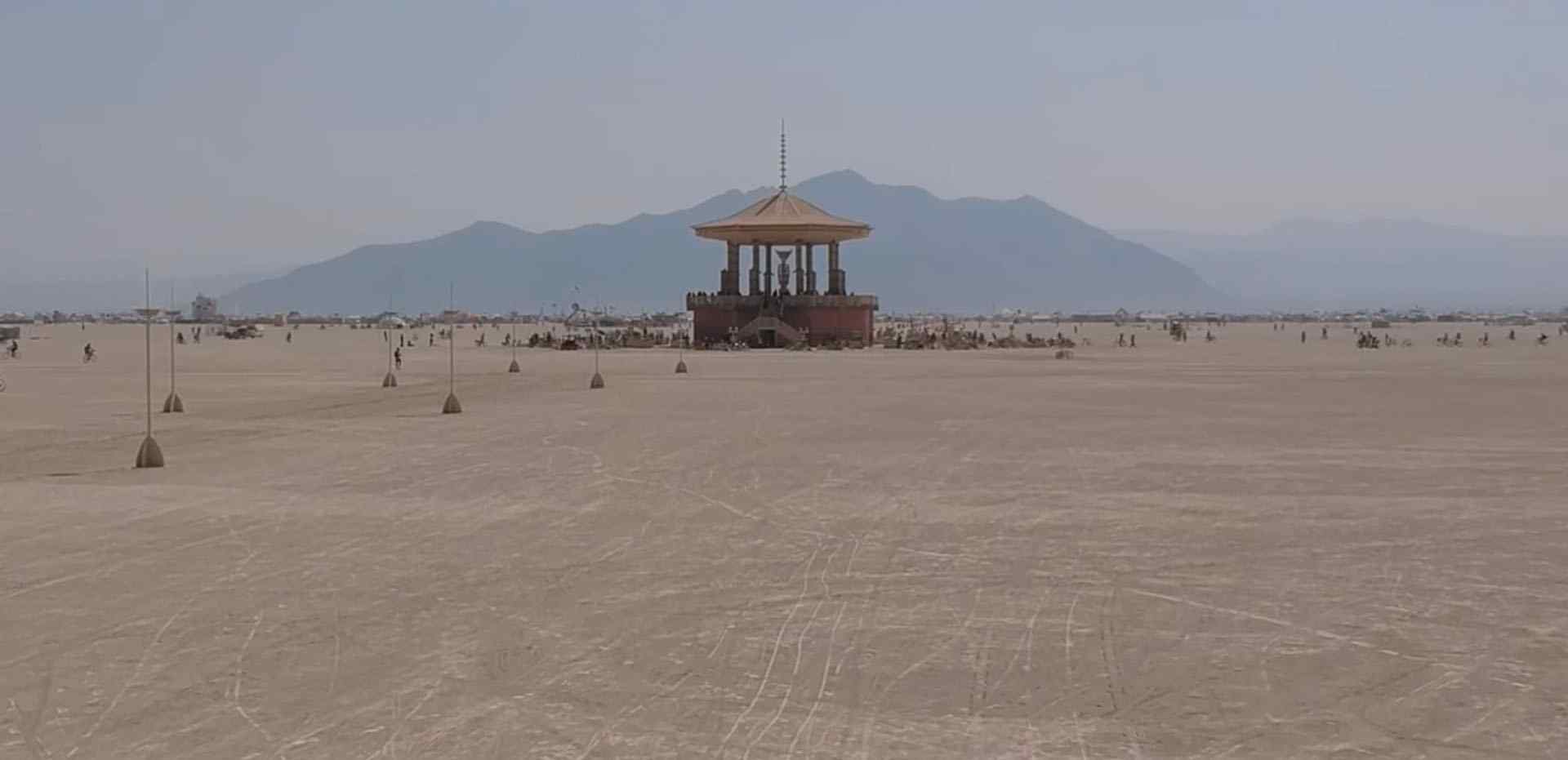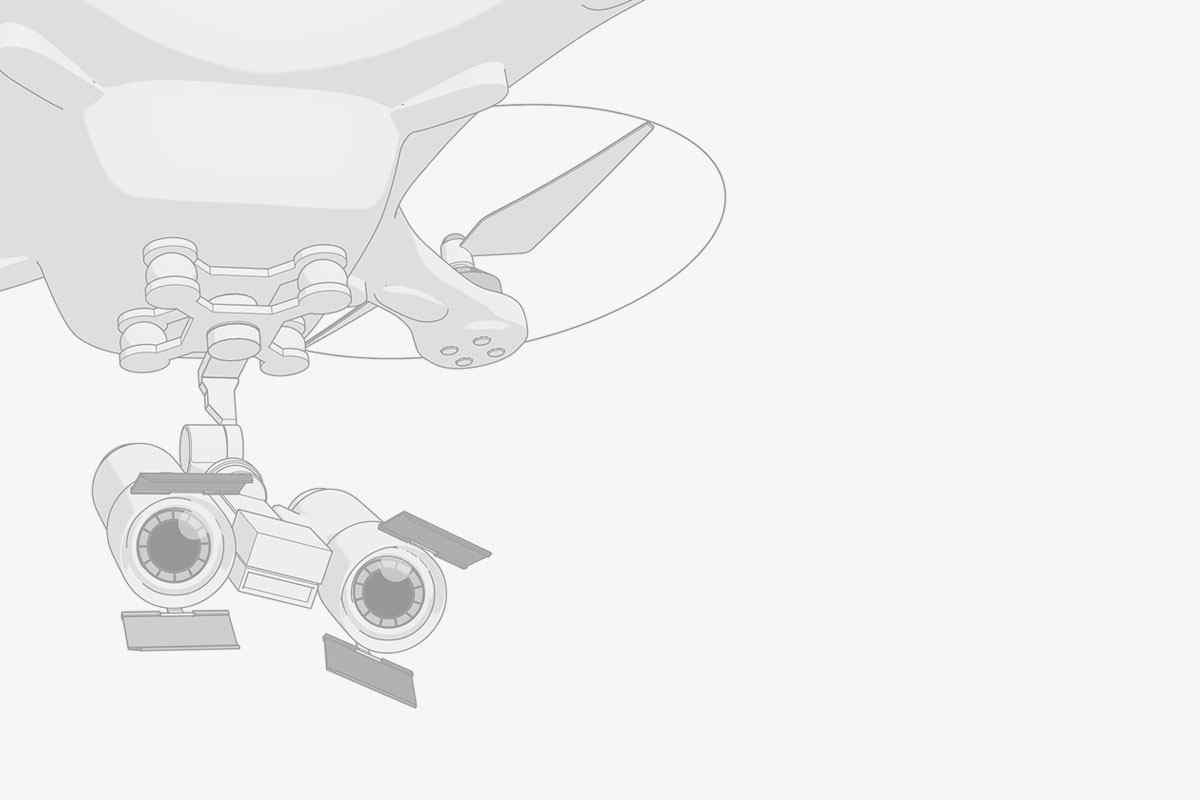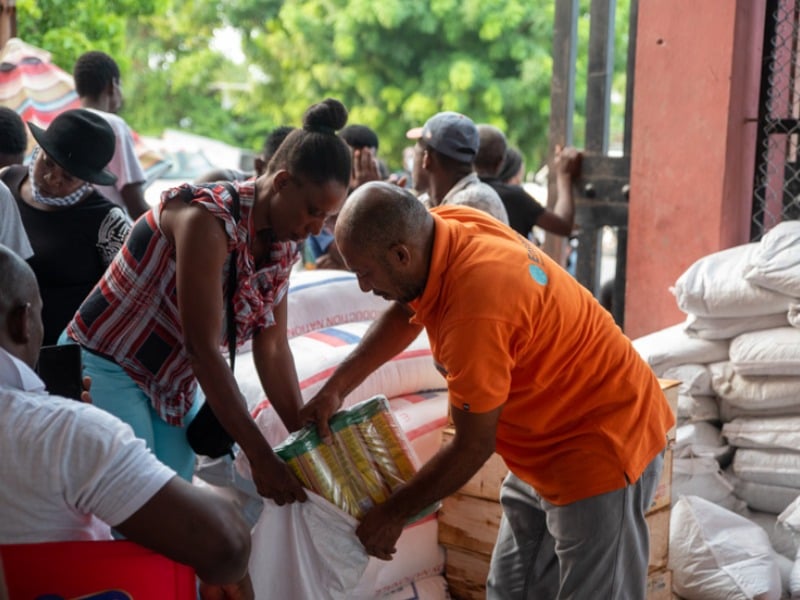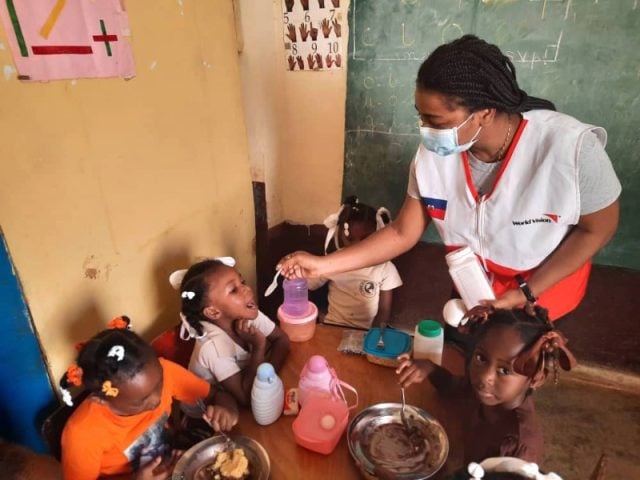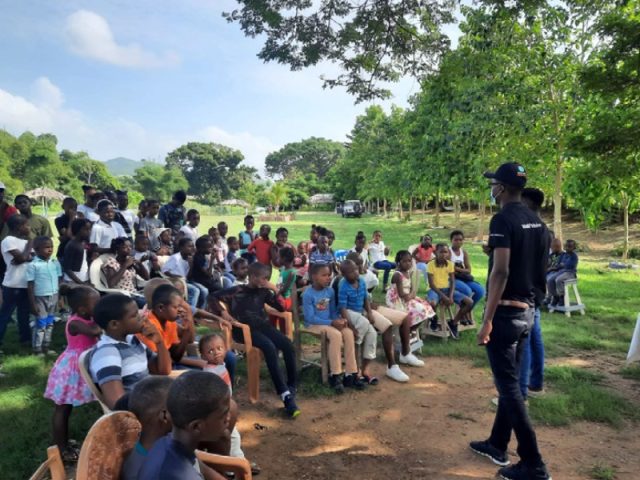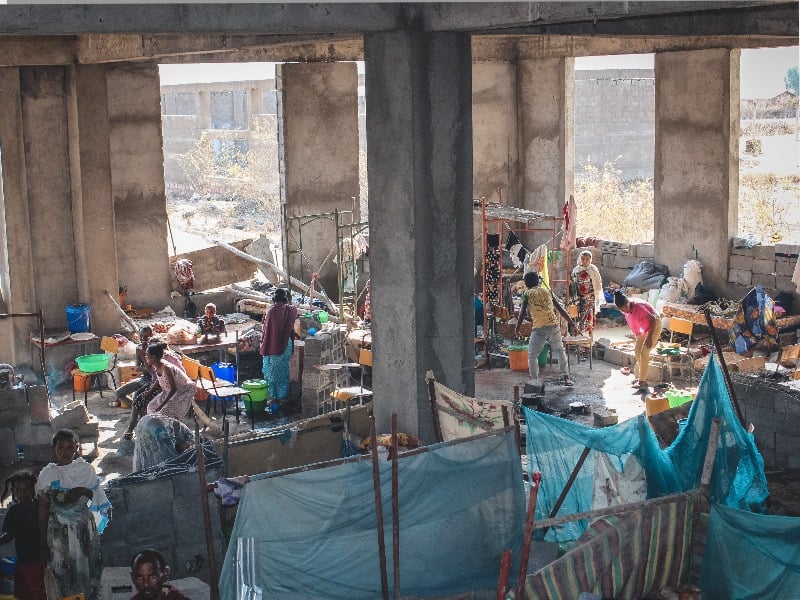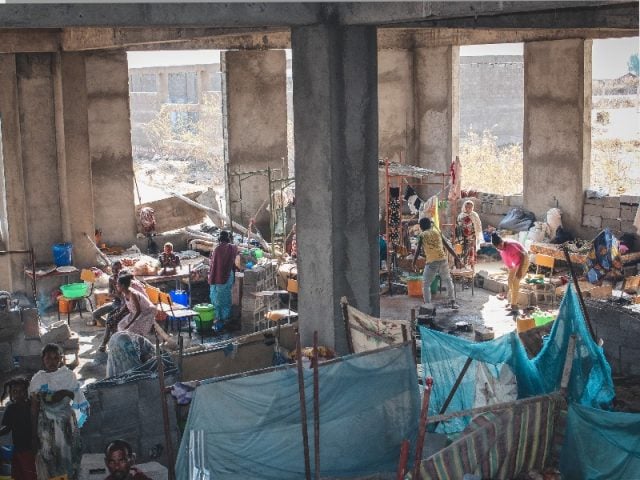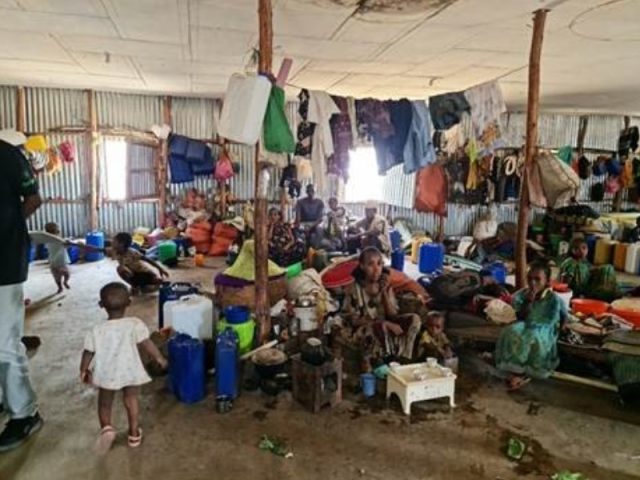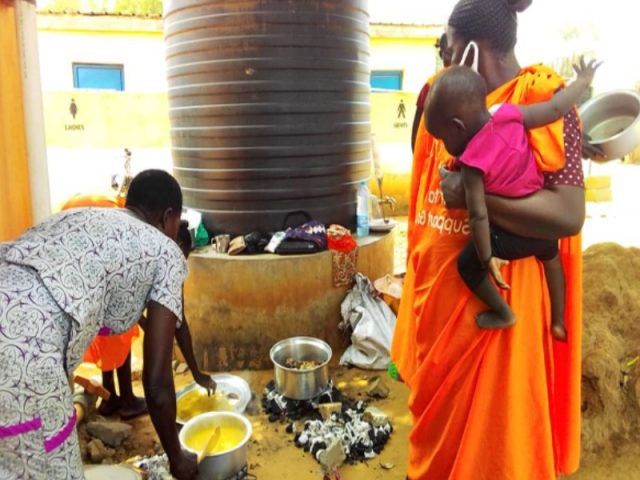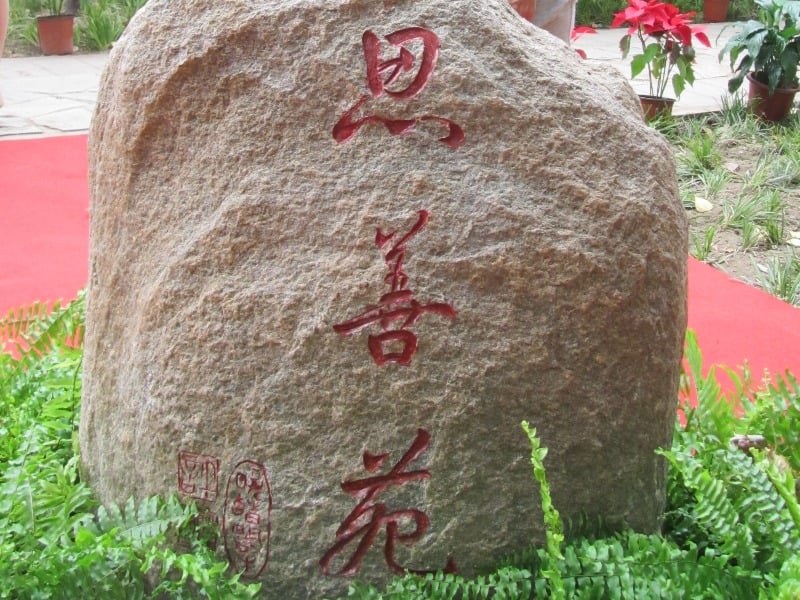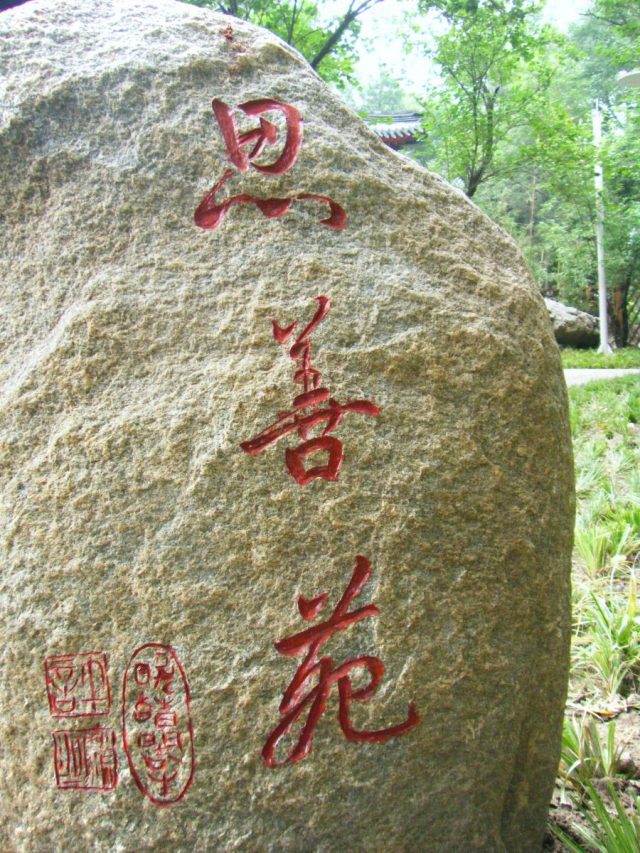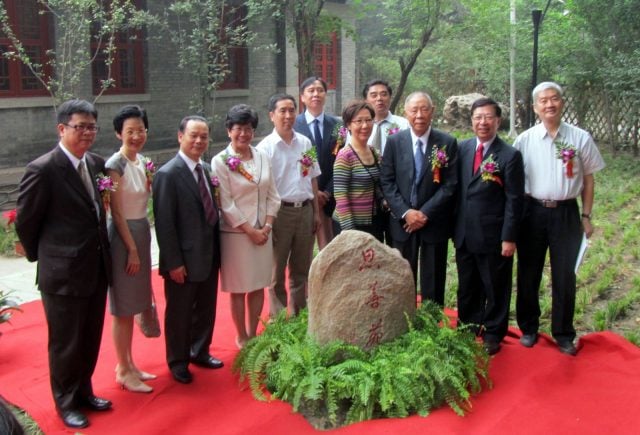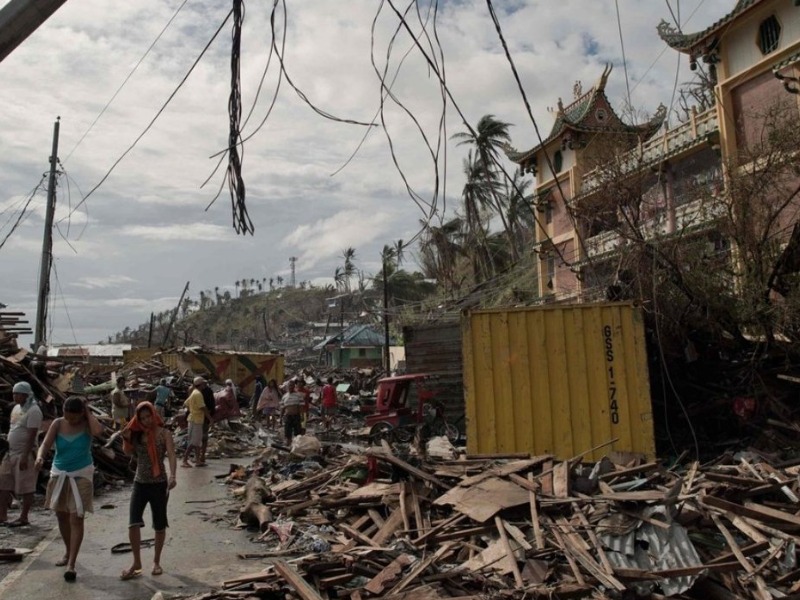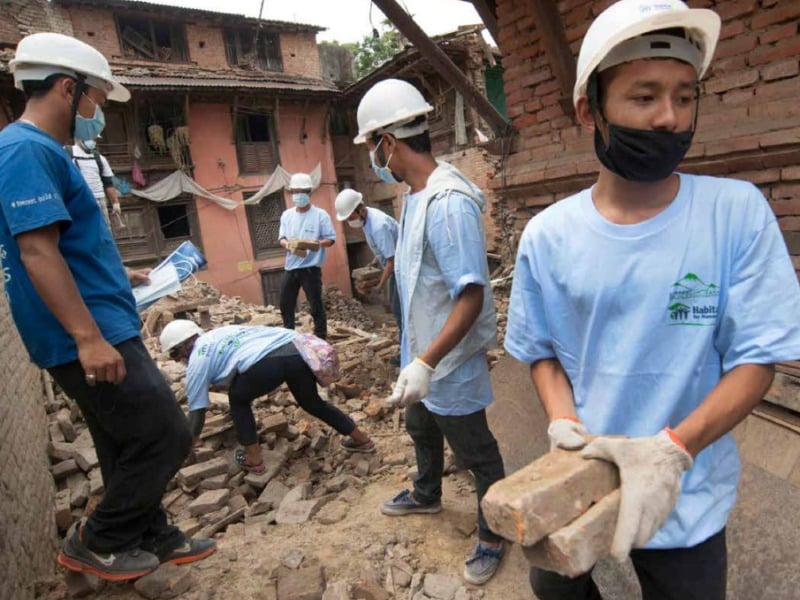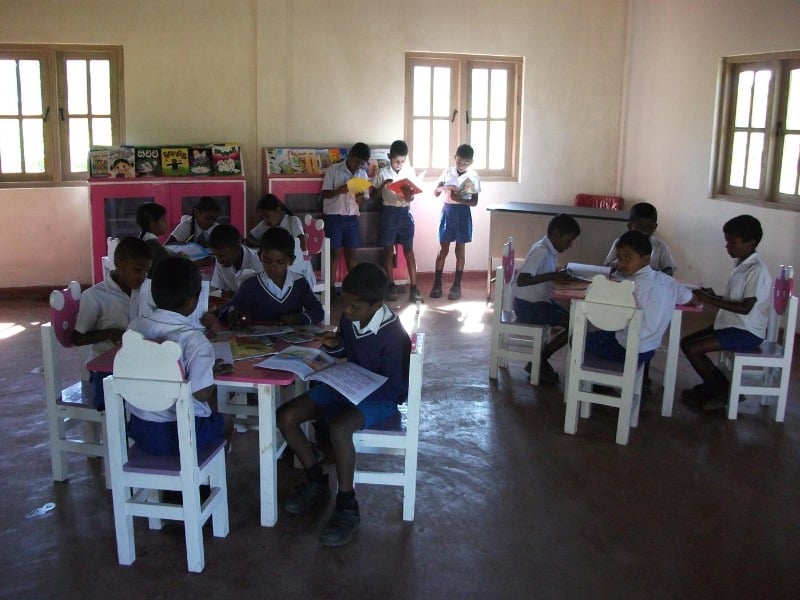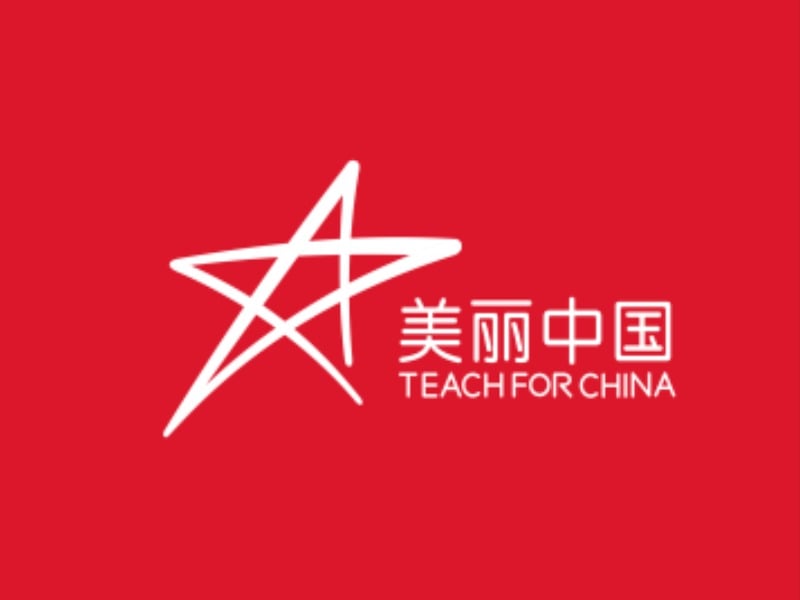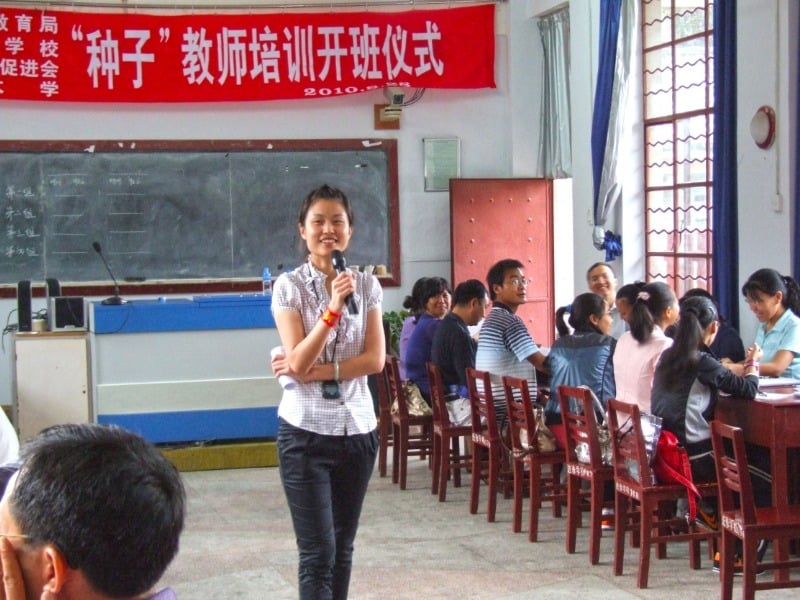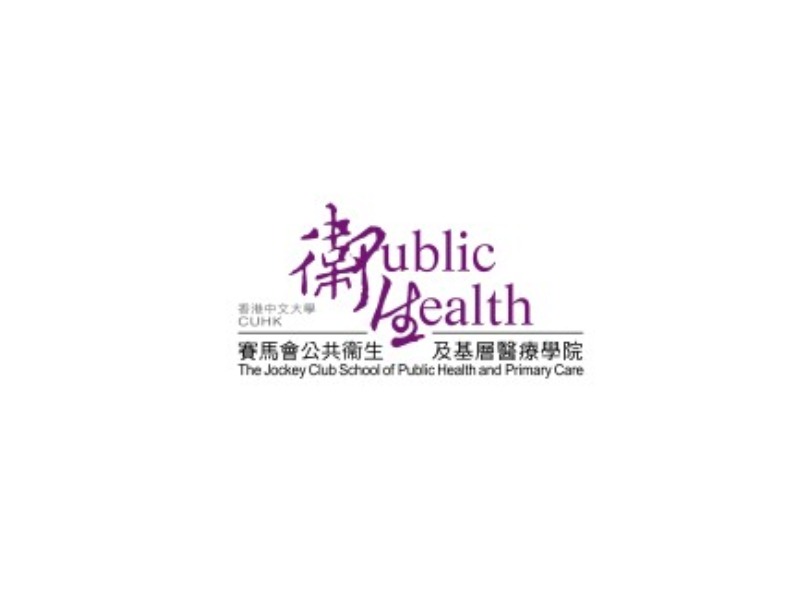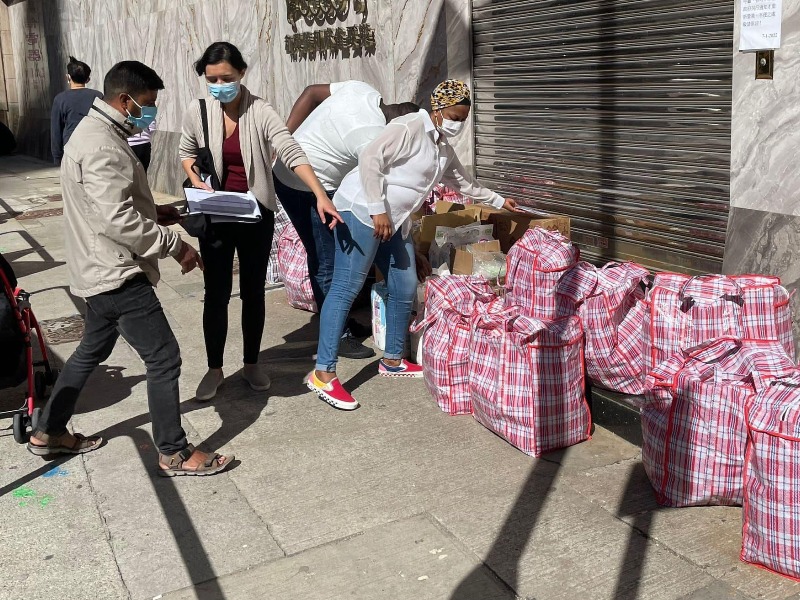
More Sustainable Source of Resilience and Recovery
In disaster management, the framework of participatory capacities and vulnerabilities analysis (namely “PCVA”) has been widely adopted for needs assessment over the past three decades in different countries. This lens was also referenced by ZeShan team to understand not only the impact of the ongoing 5th wave of COVID pandemic on vulnerable people but also the systemic drivers behind such impact. These often touch upon issues related to social inclusion, public governance, health equity, equal access to public resources and even policy issues.
PCVA is rooted in two proven social development methodologies. First, of course, it stems from the traditional tool of CVA which enables frontline workers to design and plan relief projects, based on capacities and vulnerabilities of a community. It recognizes vulnerable people have capacities to cope with adversity and can take actions to improve and rebuild their lives, before, during and/or after a disaster. Second, PCVA has originated from the belief that empowering communities to participate in program design, planning and/or management would lead to increased ownership, accountability, and impact. This is therefore the best way to bring about recovery or even changes.
This framework indeed aligns very much with ZeShan’s core approach of community empowerment in all program planning. We believe, in every community, people have resources and capacities, but often unnoticed and then under-utilized. In the process of disaster relief and recovery, it is therefore very important to identify these resources and capacities, and then empower people at all levels, including the so-called victims. This process is always a more sustainable way to help people help themselves and others, and rebuild their own life and community.
In the past three months, through this lens, we discussed with peer foundations, project partners and people in Hong Kong. We have identified the pressing needs of the most vulnerable ones as well as some of their precious but unnoticed resources and capacities. With more than 10 new relief grants, ZeShan has focused on those marginalized or excluded under the existing policy frameworks and mainstream service provision or subsidy schemes. These include grassroots families, ethnic minorities, refugees and asylum seekers, small businesses and social enterprises struggling with unsold food stock and poor cashflows. Designing each of our relief programs, we have tried hard to mobilize their own untapped labour and unused materials inside our hard-hit communities, with a view to preparing themselves better and stronger in the forthcoming process of economic recovery.
For a charitable foundation, we consider it not difficult to hand out materials to the needy. We are therefore trying hard to be more forward looking. At this current relief stage, whenever possible, a more empowering process was consciously designed and executed in our relief projects. For we believe, this will be a more effective and sustainable way to help them rebuild their own communities at the next rehabilitation phase.
Our recent relief grants:
| Initiated by | Project |
| Chow Tai Fook Charity Foundation | Wu Wu Cheng” Community Mutual Support Initiative” |
| Fullness Social Enterprises Society Limited | Love Our Neighbour |
| Dialogue in the Dark (HK) Foundation |
WeCare (Emergent Emotional Support for Vulnerable Elderly) |
| Health In Action | Emergency Relief to Cleaners and Deprived Families Working and/or Living in Kwai Chung |
| Run Hong Kong | Covid Relief – Health and Essential Services Covid Relief – Psychological Support |
| Christian Action – Centre for Refugees | COVID-19 Fifth Wave Emergency Distribution |
| United Christian Nethersole Community Health Service | COVID-19 Care for Ethnic Minorities |
| The Neighbourhood Advice-Action Council | Friendly Food Support Scheme |
| Hong Kong Unison | 5th Wave (COVID-19) Ethnic Minority Emergency Relief Project |
Irene SO
Executive Director
ZeShan Foundation
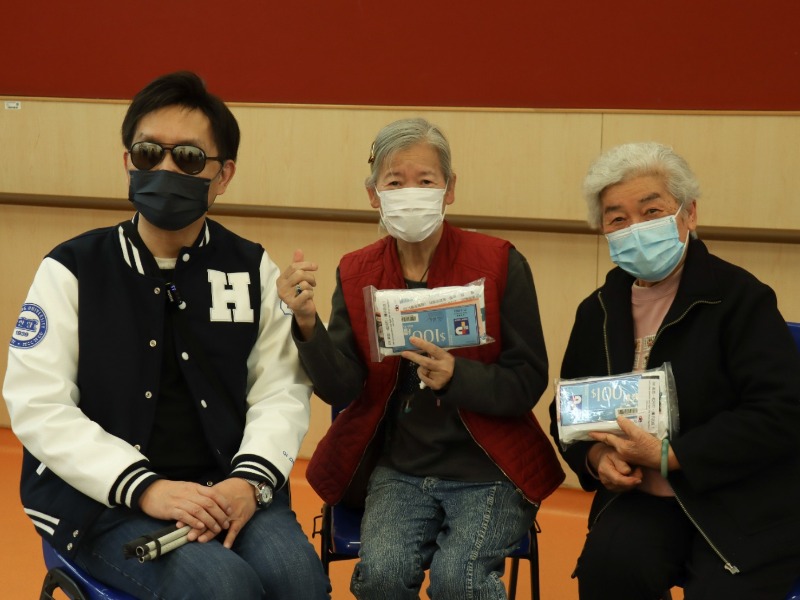
Staff and volunteers distributing relief packs to elderly (Dialogue in the Dark (HK) Foundation)
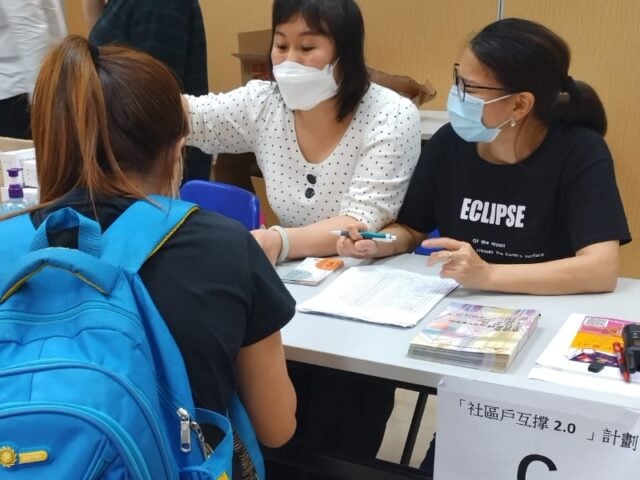
Volunteers distributing vouchers to beneficiaries
(“Wu Wu Cheng 2.0” Community Mutual Support Initiative/ Chow Tai Fook Charity Foundation)
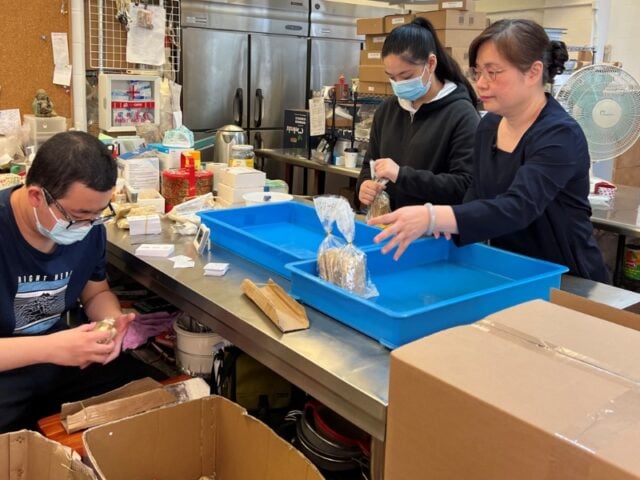
Social Enterprise (Angelchild) staff packing food packs
(Fullness Social Enterprises Society)
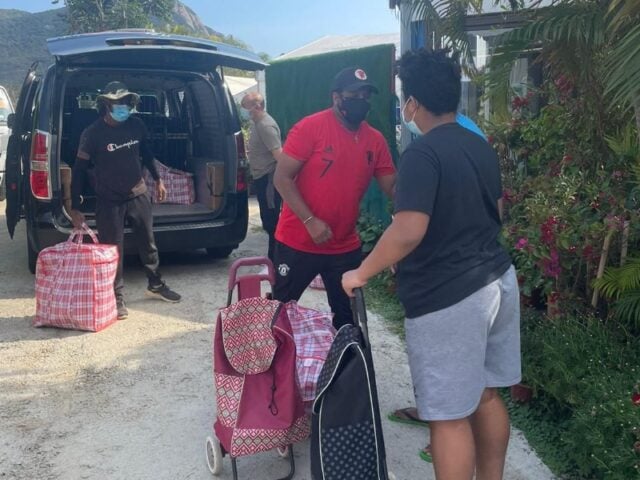
Staff distributing daily necessities to refugees and asylum seekers (Christian Action- Centre For Refugees)
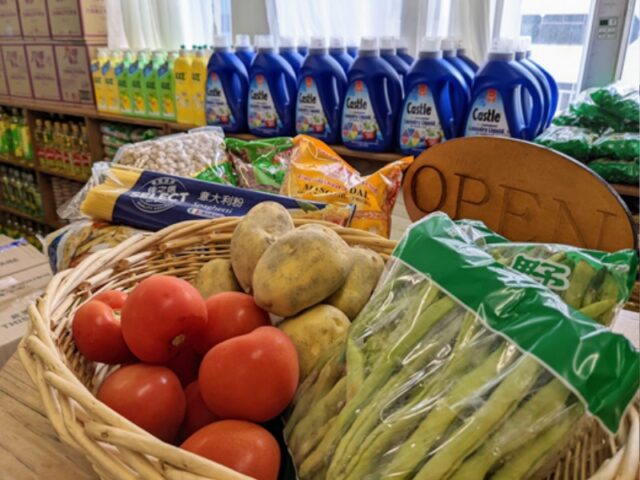
Fresh shop at RUN! Refugees and asylum seekers collecting fresh food, milk, cleaning supplies and toiletries every fortnight.
(RUN Hong Kong)
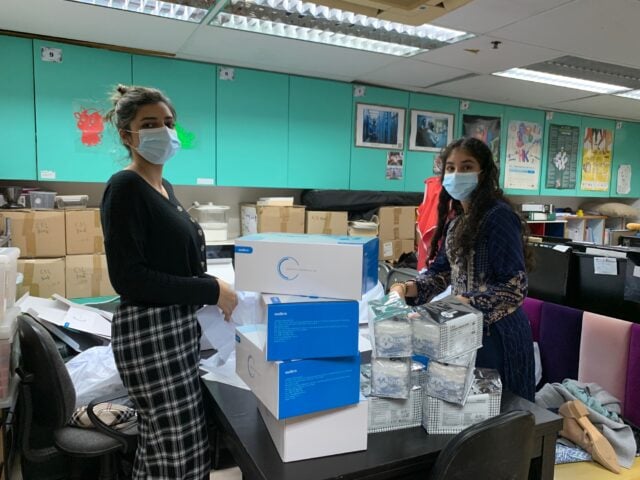
Volunteers packing COVID relief packs
(Hong Kong Unison)
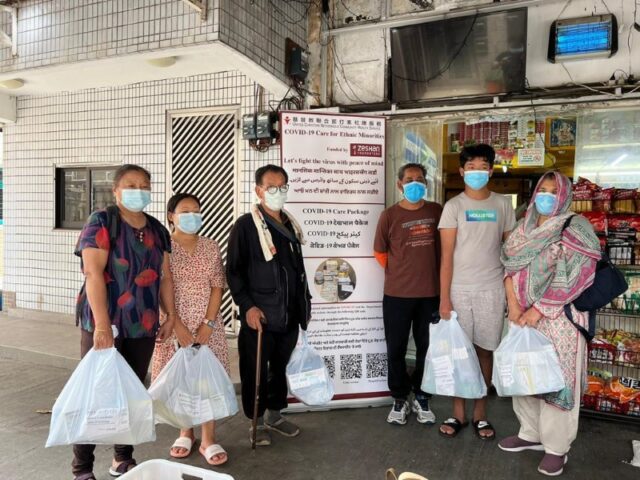
With help of volunteers, the COVID-19 Care Package were delivered to different districts
(United Christian Nethersole Community Health Service)
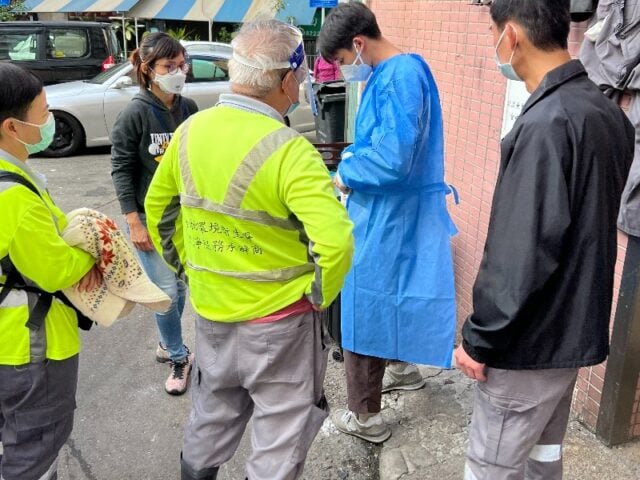
Staff visited cleaners’ workplaces to talk about the proper usage of PPE correctly and the use of Rapid Antigen Test (RAT) kits, etc.
(Health In Action)
Heading 02
Photos Grid for Heading 02
- Tab 1
- Tab 2
- Tab 3
Inside Tab Heading 01 H4
